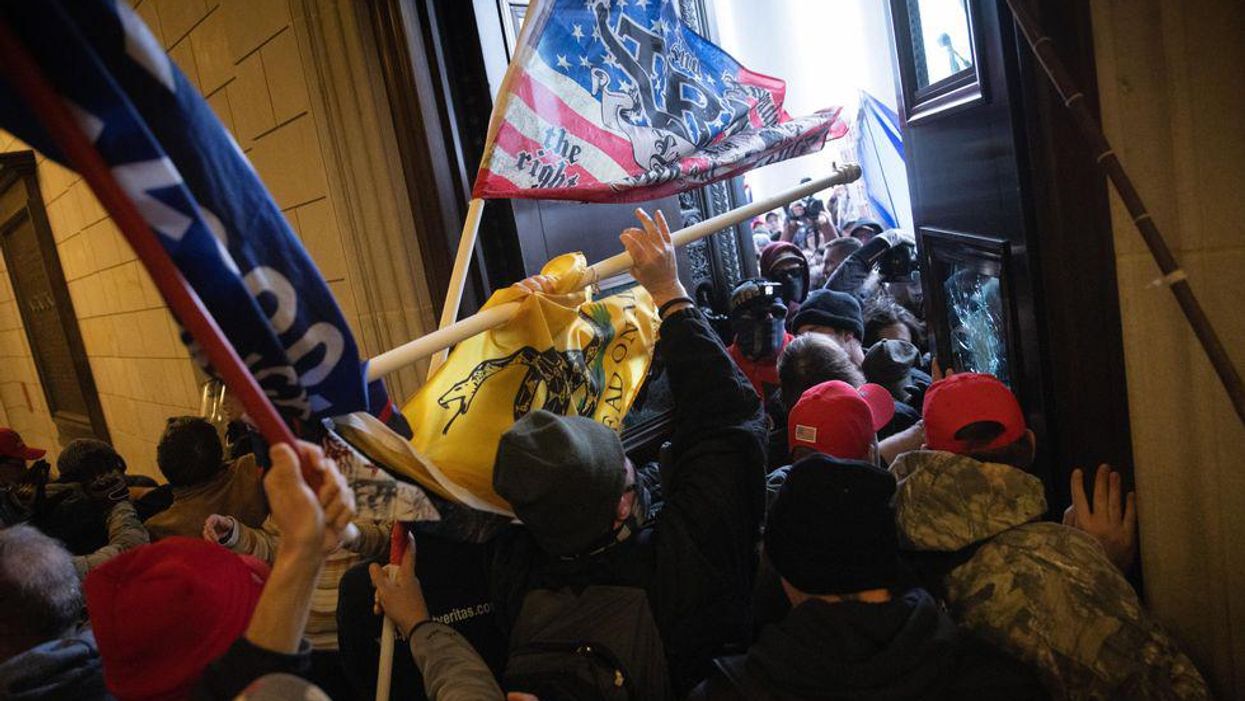Molineaux is co-publisher of The Fulcrum and President/CEO of the Bridge Alliance Education Fund.
As a journalistic endeavor, we focus a lot on what's wrong with Congress and the dysfunction that stalls nearly all high-profile legislation from being debated. But we haven't explored the possibilities lost to partisan fighting. How many opportunities do we miss to improve our collective governance?
If Senate Republicans prevail, the so-called Jan. 6 commission will be a major missed opportunity. And the subsequent investigations will lack the gravitas of the bipartisan investigation citizens deserve. Commissions following Watergate and 9/11 put aside political gamesmanship and focused on uncovering the truth. The act of seeking facts together is essential.
All of Congress should be demanding the facts. Especially since each of our elected officials and their staff may have testimony to provide.
The alternative is investigating through congressional committees, where witnesses and committee members are the same people. It would be messier and less believable. Especially with members of Congress already campaigning for their 2022 elections. We have only to remember the many partisan investigations of Benghazi or Donald Trump followed by their weaponization for campaign ads.
Commissions are the best way for us to analyze what happened, what mistakes were made and how we can improve to prevent the same mistakes from happening again. A bipartisan Jan. 6 commission would provide the American people with the facts and reassure us that our government can correct itself in service to the people.
A commission is not a request for more partisanship. We demand an honest accounting of what happened, who was involved and what we missed that could have prevented it from happening. It's an opportunity to build trust, instead of further eroding it.
Such knowledge is critical if we are to advance our society further. It is our duty to create a safe working environment for public officials, their staff and our security forces. If we fail to create a safe working environment for public servants, then hope for democracy is decreased as public service becomes a life-or-death risk few will take.
Lack of a commission at this moment will further diminish our confidence in elected officials and their ability to put aside personal interests for the greater good. Collective good is the essence of public service. Courage is required.
Let's not waste this opportunity. Our nation is counting on our elected leaders.




















Trump & Hegseth gave Mark Kelly a huge 2028 gift